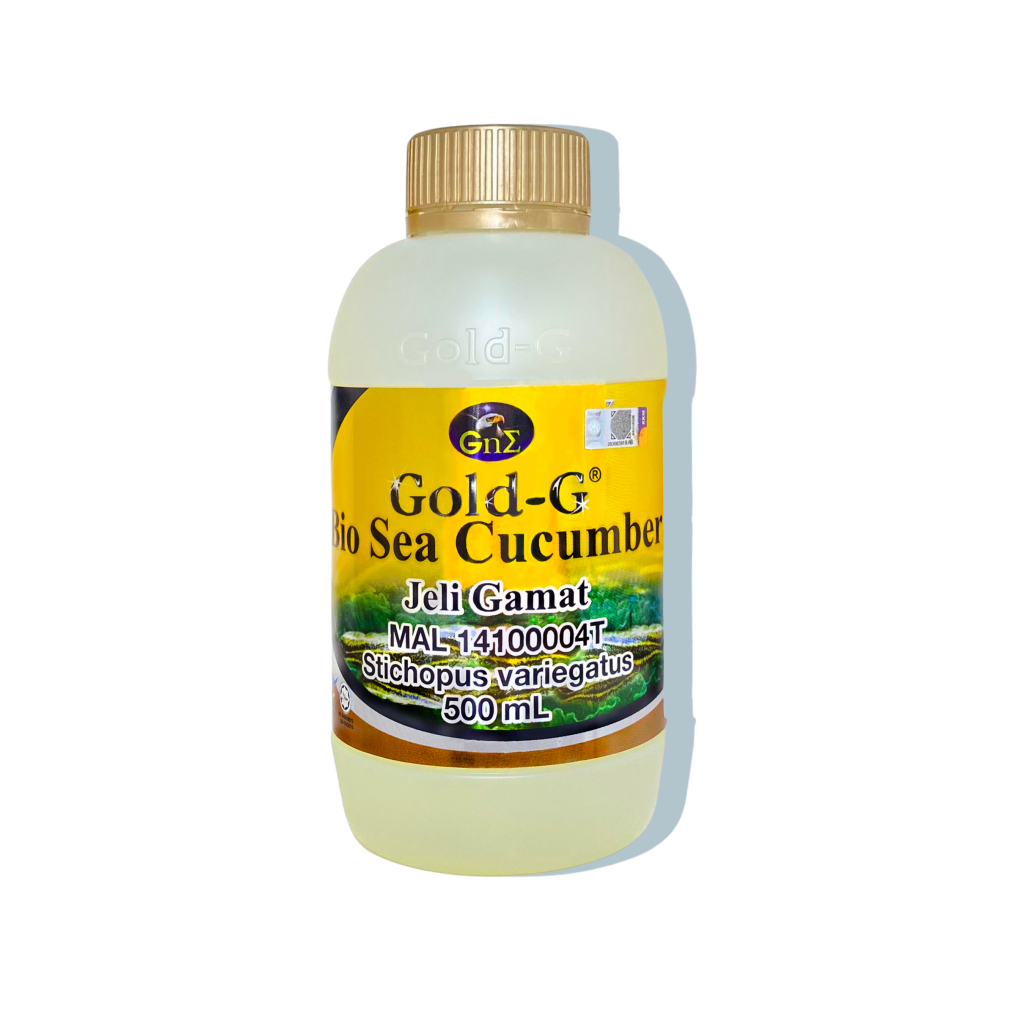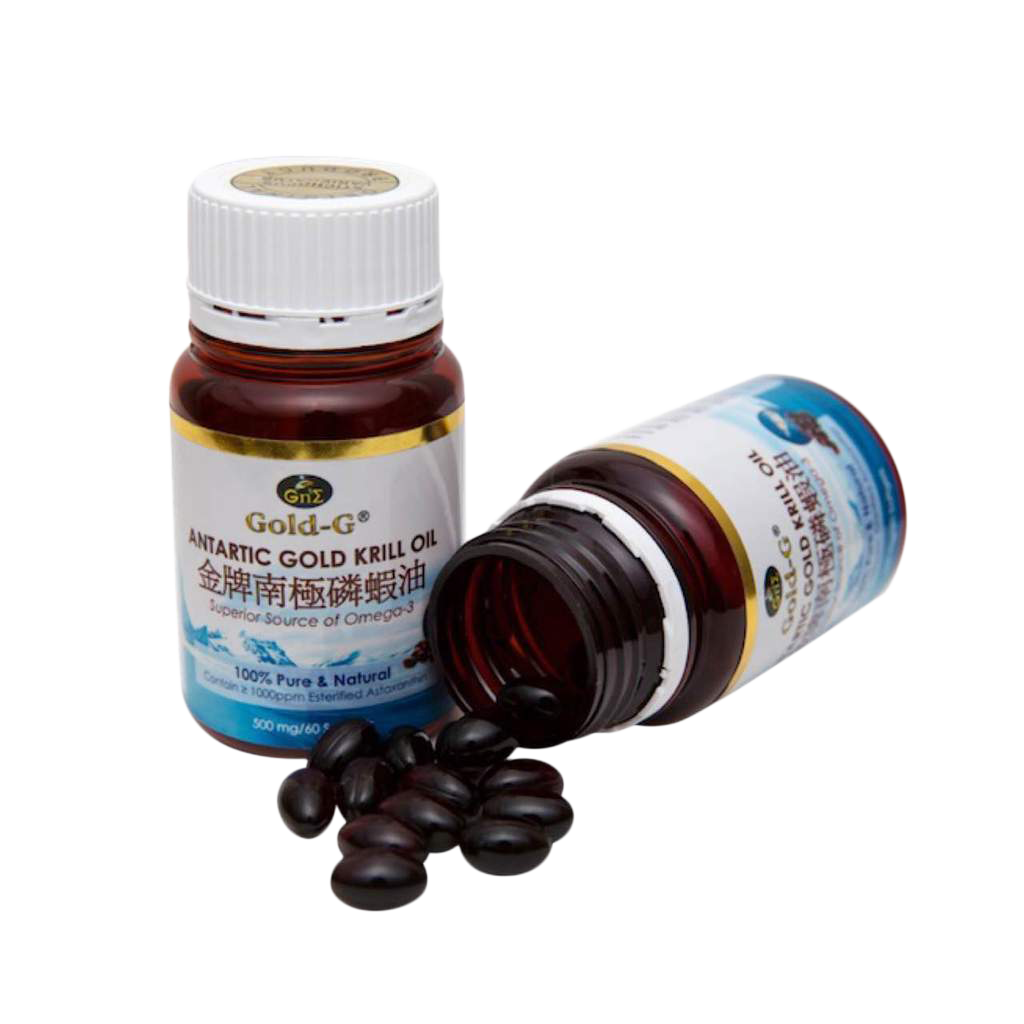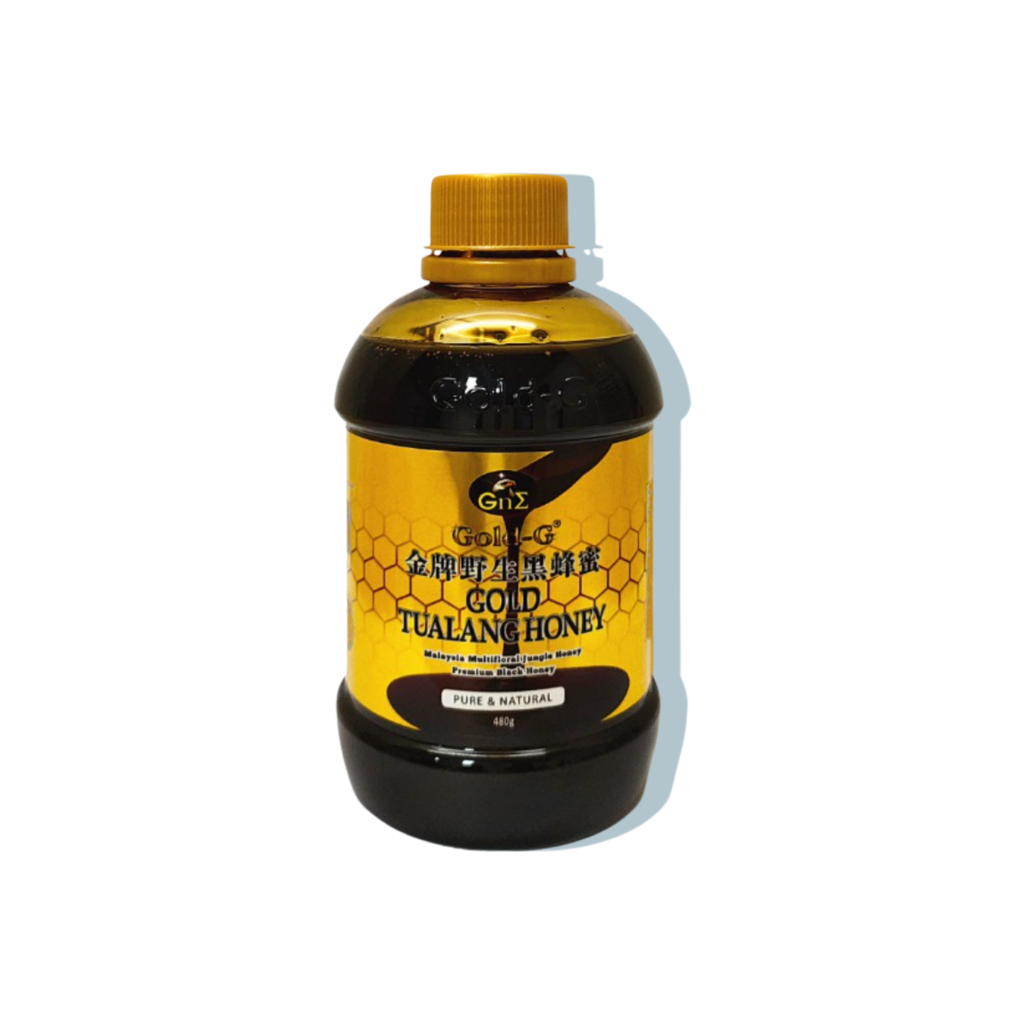The brain is the most complex organ in the human body and is recognized as the body’s command center which influences every aspect of life, including the cognitive, sensory, social-emotional, behavioral and motion. However, maintaining a healthy brain is also a challenge for most people since there are many lifestyle factors that may affect the brain’s health.
- Brain shrinkage. The volume of the brain and/or its weight declines with age at a rate of around 5% per decade after age 40.
- Decline in neuronal volume. Communication between neurons in certain parts of the brain becomes less efficient with age.
- Reduction in blood flow. Blood flow to the brain is gradually reduced, which can starve brain cells of nutrients and cause cells to function less efficiently.
- Inflammation. Age-related increases in inflammation may lead to cognitive impairment and affect memory, learning, and attention, and may contribute to inflammatory disease.
- Aging affects brain health, but we can also delay the effects of aging on the brain by managing stress, eating healthy, exercising, and maintaining a good routine.
- Insufficient sleep. Sleep is very important for many brain functions. Insufficient sleep can affect the brain which let you learn and create new memories, and it’s harder to concentrate and respond quickly.
- Loneliness and stress. Frequent feelings of loneliness and stress are both unpleasant experiences, which can cause the stress hormone (cortisol) to rise, and the cortisol could affect both cognitive function and mental health.
- Smoking. Smoking is a risk factor for various cancers and diseases. Although some studies have shown that nicotine in cigarettes can improve concentration, long-term smoking may affect memory and cognitive function.
- Listening to loud music. Studies have found that listening to loud music with headphones often damages the brain nerves, causes hearing loss, and increases the risk of cognitive dysfunction.
 Omega-3 fatty acids, such as DHA, are one of the structural components of the brain and are essential for maintaining a healthy brain and cognitive functions. Foods rich in Omega-3 include walnuts, algae, chia seeds, egg yolks, salmon, and shrimp.
Omega-3 fatty acids, such as DHA, are one of the structural components of the brain and are essential for maintaining a healthy brain and cognitive functions. Foods rich in Omega-3 include walnuts, algae, chia seeds, egg yolks, salmon, and shrimp.
 Flavonols. The antioxidant effects of flavonols improve efficiency in blood oxygenation and may effectively enhance cognitive function. Foods such as green tea, dark chocolate, berries, citrus, nuts, soybeans, etc. all contain flavonols.
Flavonols. The antioxidant effects of flavonols improve efficiency in blood oxygenation and may effectively enhance cognitive function. Foods such as green tea, dark chocolate, berries, citrus, nuts, soybeans, etc. all contain flavonols.
 Folate, or vitamin B9, is essential for brain function. Folate deficiency may lead to neurological disorders, such as depression & cognitive impairment. If you want to increase folate intake, you can eat more spinach, broccoli, asparagus, chickpeas, avocados, oranges, etc.
Folate, or vitamin B9, is essential for brain function. Folate deficiency may lead to neurological disorders, such as depression & cognitive impairment. If you want to increase folate intake, you can eat more spinach, broccoli, asparagus, chickpeas, avocados, oranges, etc.
Fatty fish: Fatty fish such as salmon, mackerel, and trout are rich in Omega-3 fatty acids, which are essential nutrients for maintaining brain health.
Berries: Berries such as blueberries, strawberries, and cranberries, contain anthocyanins, which are antioxidants that can protect brain cells from oxidative damage.
Eggs: Eggs contain Omega-3 fatty acids and choline, which may help to regulate brain and nervous system functions.
Nuts and seeds: Nuts and seeds such as walnuts, sunflower seeds, almonds, and pumpkin seeds, are a good source of vitamin E and may help to enhance cognitive function.
- Be physically active: Exercise can improve learning and memory as well as attenuate neurodegeneration.
- Train your brain: Brain training games such as crossword puzzle, chess, and Sudoku can help to boost your memory.
- Get enough sleep: Sleep is critical to learning and memory, sleep deprivation might negatively impact your brain health.
- Consume Omega-3 foods: Omega-3 fatty acid is an essential nutrient that helps to maintain brain health. Researchers found that healthy young adults can improve their working memory even further by increasing their Omega-3 fatty acid intake.
GNE Gold-G® Health Food Series
Gold-G® Bio Sea Cucumber:
Most seafoods such as deep-sea fish, shrimp, oyster, and etc. are rich in omega-3 fatty acids that is good for maintaining brain health, and sea cucumber is one of them. Sea cucumber is not only containing omega-3 fatty, it also contains several bioactive components such as cerebrosides, saponin, and taurine that may provide beneficial effects to brain health.
- Omega 3 fatty acids work as antidepressant and help in mood disorder, which also plays a crucial role in growth and development of brain system.
- Cerebroside helps to reduce oxidative damage in brain and nervous system.
- Saponin can prevent cerebral palsy and spasm caused by concussion due to head injuries.
- Taurine is important for brain development. It improves nerve signal conductions in brain, hence able to promote learning and memory abilities.
Gold-G® Antarctic Gold Krill Oil:
Krill oil is an increasingly important source of omega-3 fatty acids specific for DHA and EPA, contained abundant of astaxanthin, and consisted of phospholipid which provides better bioavailability.
Omega-3 fatty acids are important for brain development. It can improve cognitive function prevent dementia, improve depression and emotional problems. It can help to enhance memory and learning abilities. Besides, Omega-3 also demonstrated anti-inflammatory activity and lower down c-reactive protein (CRP) level, prevent the development of inflammatory disorder.
Astaxanthin is a strong antioxidant which provides protection against oxidative damage, reduces neuro-inflammation, and improves immune response. It also helps to improve ischemic dementia, protection against UV-light photooxidation, and control of carcinogenic processes.
Gold-G® Gold Tualang Honey:
Tualang honey is a raw honey harvested from Malaysia’s tropical rainforest. It is 100% pure and natural without undergo any additional treatment, hence it retained natural friendly bacteria, propolis, pollen grains, phytonutrients, phenolic acids, and flavonoids. Besides natural taste and aroma, Tualang honey has higher nutritional value and stronger therapeutic effects than processed honey!
Tualang honey is rich in flavonoids and phenolic acids which have anti-oxidation and anti-inflammation properties, which help in reducing oxidative stress in the brain and nervous system, reduce stress and depression, improve memory, and enhance cognitive function.
Click the link below for direct purchase.








